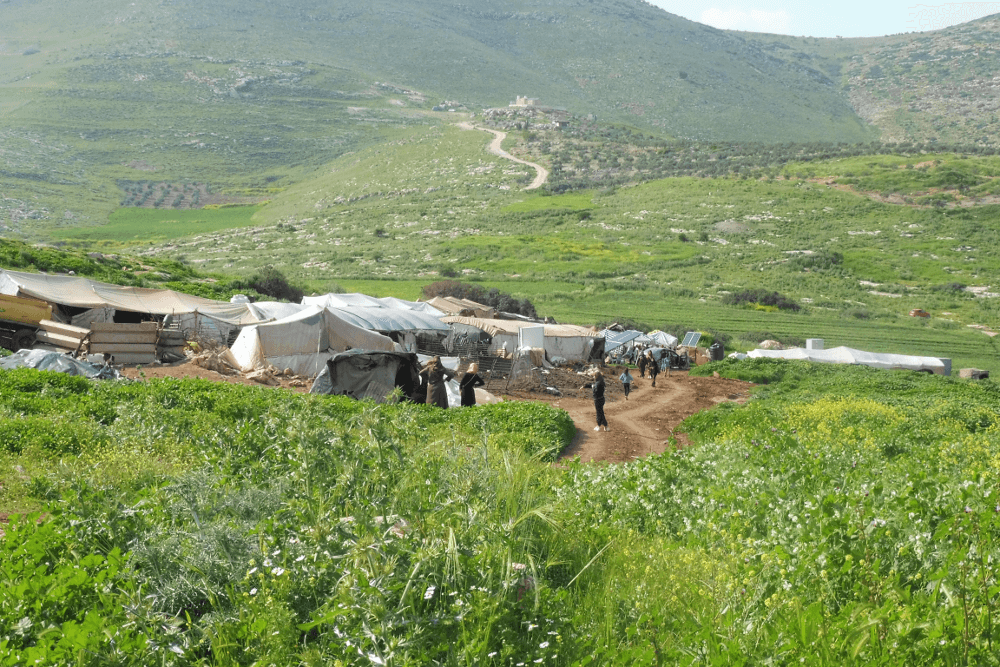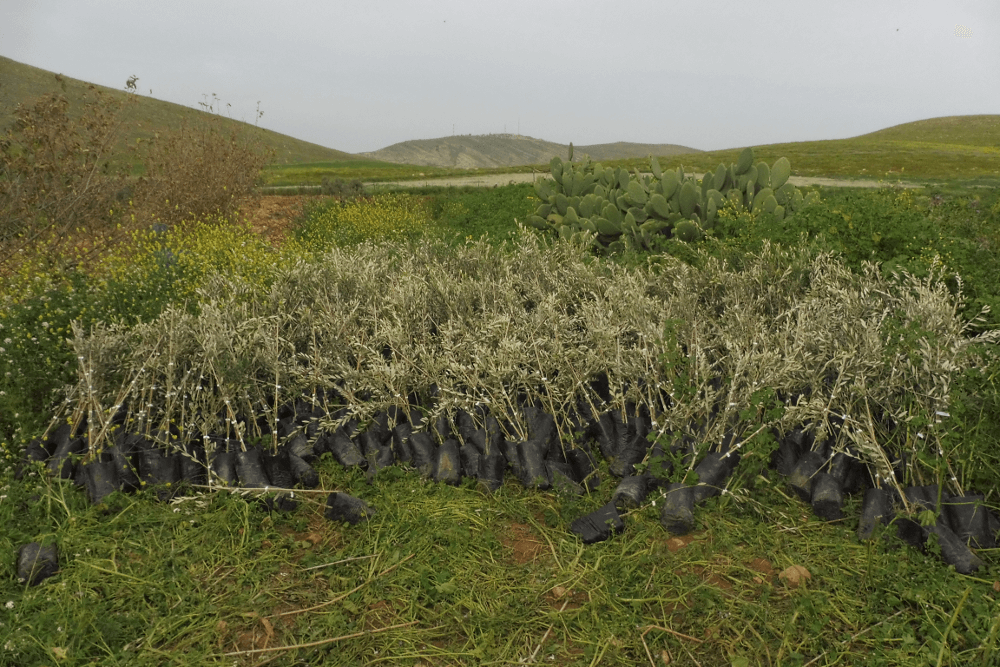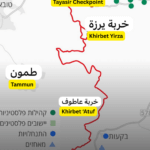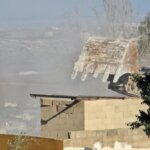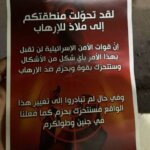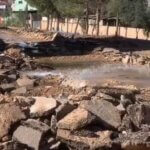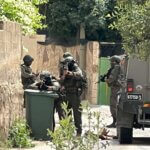Land Day 2019: Reasserting our right to the land in the Jordan Valley

Last Friday we received a group of young nature lovers from the refugee camp situated in the city of Tulkarem in the West Bank, as part of the activities of the Land Day. They joined us together with the President of the Council of Khirbat Ibiziq and other activists from Tubas and the Jordan Valley, as well as from the Popular Resistance Committees.
The Day of the Palestinian Land is remembered by Palestinians on March 30 of every year. On that date in 1976 a general strike and marches took place from Galilee to the Negev, with people protesting against the Zionist confiscation of thousands of dunums of private and communal property. Clashes broke out between demonstrators and military forces, resulting in the death of six Palestinians and the arrest and injuring of hundreds.
The Land Day is a pivotal event in the occupation struggle on the ground in response to the occupation policy, a struggle that we carry out under the banner of staying resistant, challenging and steadfast.
We began to organize walks to introduce young people to the discovering of nature and its beautiful animals and plants, which are used as natural medicines to treat various diseases. We try to preserve the natural heritage and cultivate a shared culture of awareness and love for our natural resources.
We began our journey from the city of Tubas and went on to the community of Khirbet Silhab, crossing in the Tubas forest, where we stopped to have a lunch among the trees. It was the occasion to talk about the dangers that come from unsustainable water exploitation by the occupation forces, which is drying up natural sources such as the Jordan River and natural springs, and which is going to affect the natural landscape as well. The area bears a strategic importance for us since any future development for our people is dependent on the availability of water and land resources.
Though we enjoyed our time, having wonderful dialogues and filming as well as enjoying popular singing and dancing.
Later we arrived at the village of Abziq, after walking 11 kilometers, a community located in area C. We were welcomed by the villagers and had a meeting with the head of the council and a village member. They made an account of the hardships suffered by residents because of deprivations perpetrated by Israeli forces and the consequent lack of basic services and rights, such as access to electricity and water, health and education infrastructures, housing security. Attacks have included houses and school demolitions and prohibition of building water and electricity lines. Just a few months ago two classrooms have been destroyed, here is the link to our report. http://jordanvalleysolidarity.org/news/ibziq-nothing-will-stop-us-educating-children/ .
Solidarity actions continued yesterday within the Land Day programme. The Palestinian Farmers’ Union, along with the Popular Resistance Committees, Save the Jordanians Campaign and a number of Palestinian and international volunteers took part in the planting of olive trees in the community of al-Hadidiya. In addition, 350 olive trees were distributed to three families from Khirbet al-Deir and Khirbet al-Hama, near the village of Ein al-Baida. Residents in Al-Hadidiya and the other communities have faced in recent years heavy pressure from the Israeli occupation forces trying to force the villagers to leave their community and move to other areas. However, they stand firm and refuse to leave their homes. By planting olive trees and spreading awareness about the local situation we want to support the farmers, aiming at improving their economic situation and protecting their land.

